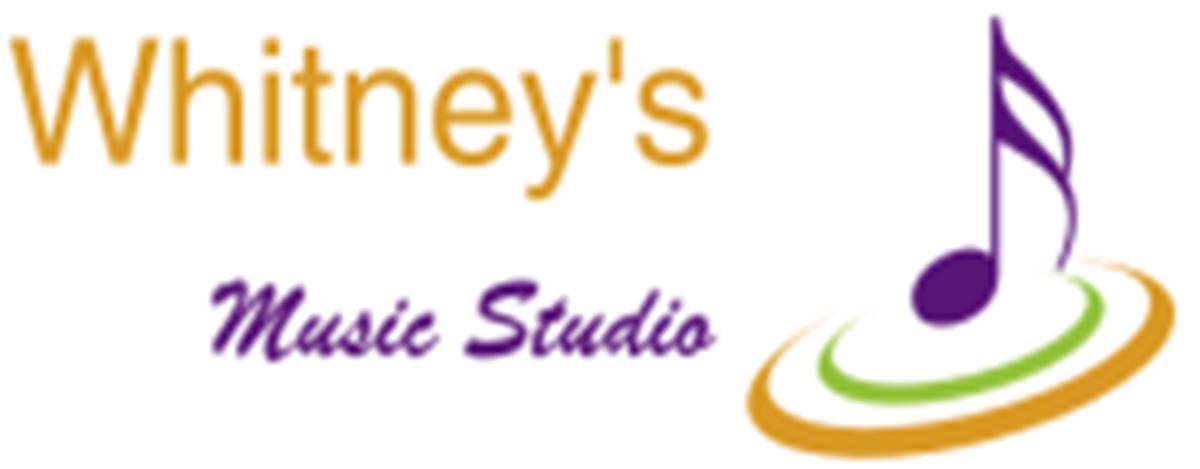|
Piano Lessons Increase Math
Skills
Lubbock Avalanche-Journal - March, 1999
From
Associated Press, Los Angeles
Music
lessons coupled with a special computer program significantly
increased the math skills of children at an inner city
elementary school, according to a study.
Learning piano and how to read music helped the children to
recognize rhythmic values, note values - such as an eighth note
being half of a quarter note - and identify letter names - E,
G, B, D, F - from a note's scale placement, the researchers
said.
The
computer program included spatial exercises such as
assembling pieces of a puzzle and arranging geometric pieces in
particular orders, according to the report in Monday's edition
of Neurological Research.
"The
learning of music emphasizes thinking in space and time," the
report said. "When children learn
rhythm, they are
learning ratios, fractions, and proportions. … With the
keyboard, students have a clear visual representation of
auditory space."
The
four-month project was led by University of California,
Irvine, professor Gordon Shaw, whose previous studies have
linked music with above-average skills in spatial concepts
found in mathematics, architecture and engineering.
At the
95th Street school, which ranks 48th on the list of Los
Angeles' 100 poorest-performing institutions, 136 second
graders were divided into several groups, some receiving piano
and nonverbal computer training, and others receiving a mixture
of computer and English-language math instruction.
The
student's test results were compared to a 1997 pilot study in
which 102 second graders in below-average schools in Orange
County were given only computer program and traditional math
teaching.
The
Los Angeles students scored 27 percent higher than their
Orange County counterparts in their ability to understand and
analyze ratios and fractions - concepts usually not introduced
until sixth grade.
"That
27 percent increase was just in four months", Shaw said
Friday. "Continued music training
would continue to boost that.
Kids who could play more sophisticated music would
increase their enhancement in math skills."
But a
Dartmouth College professor who has studied possible learning
benefits from music said he needed to see details of the
study before he would agree with the researchers'
conclusions.
"You
have to be careful that the test subjects do not know what
the experiment is designed to show," said Jamshed Bharucha, a
psychology professor and associate dean at Dartmouth.
"A
teacher's high expectation of students can lead to those
students realizing a higher expectation of themselves."
And
the improved math scores may be related to enhanced
self-esteem from the students' music learning, cautioned
another psychology professor specializing in learning factors,
Robert A. Bjork of UCLA.
|
